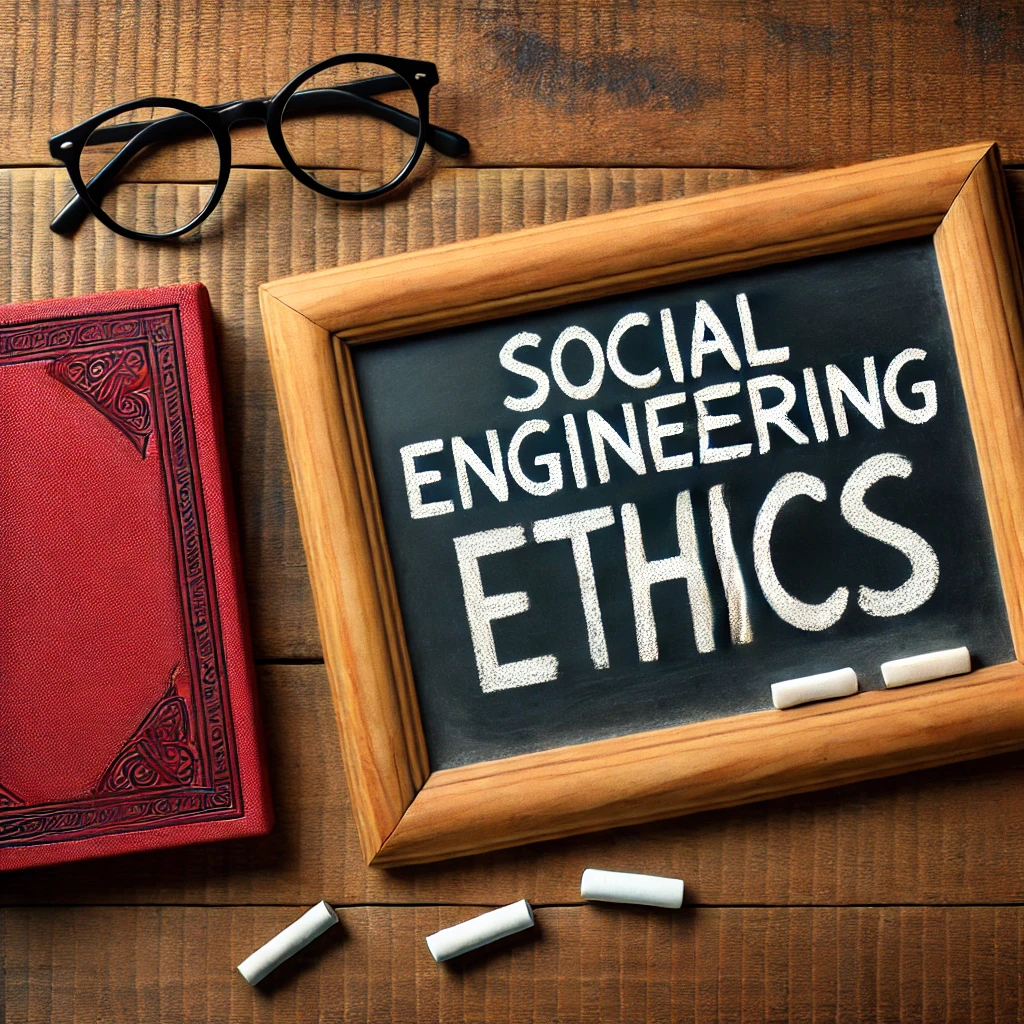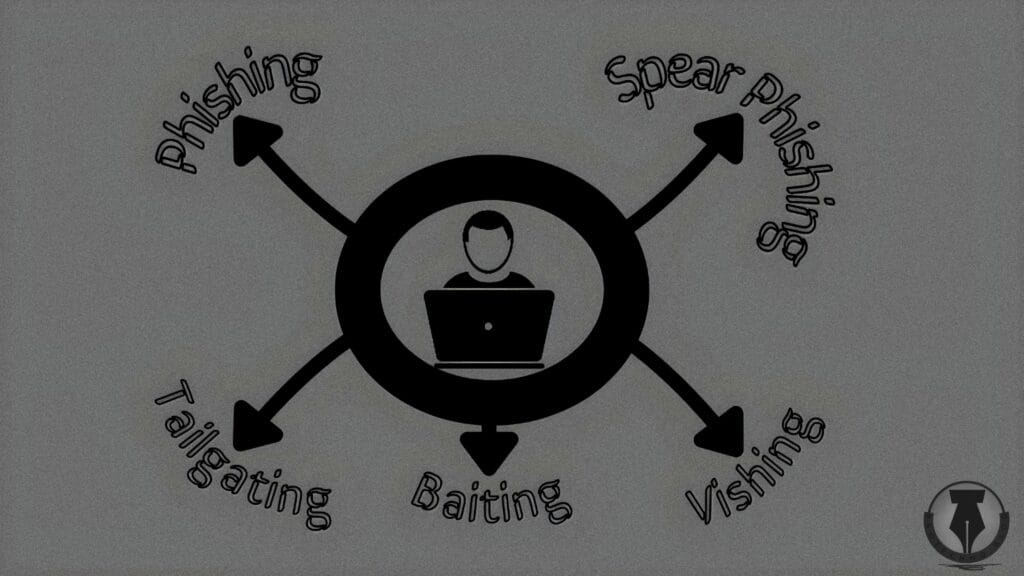What is Social Engineeing and Ethics?
Technology is everywhere. Your phone’s buzzing, your smartwatch is tracking your steps (or lack of them), and your fridge? It’s smarter than it needs to be. We’re living in a tech-powered world, and honestly, it’s pretty awesome. But—yeah, there’s always a “but”—it also comes with challenges that we can’t ignore.
Two big ones? Social engineering (where hackers target you, not your system) and ethics in technology (making sure the tech we use doesn’t mess with our lives). These aren’t just buzzwords—they’re real, and they matter way more than you’d think. Let’s break it down.

Social Engineering: Hacking People, Not Computers
Picture this: You’re at work, juggling a million things, when an email from “IT Support” pops up. It looks official—logo, signature, the works. It says you need to reset your password immediately. You click the link, reset your password, and bam—someone just broke into your company’s system.
This is social engineering. It’s sneaky, manipulative, and scarily effective. Instead of attacking your computer, hackers go for the human factor—your trust, your emotions, or even your curiosity.
How Hackers Play You
Here are their favorite tricks, so you know what to watch out for:

- Phishing
The OG scam. You get an email or text that looks real—maybe it’s from your bank or Netflix. But it’s fake. They want your login info or to sneak malware onto your device. - Spear Phishing
Phishing with a personal touch. Hackers use details about you (your name, job, or even your pet’s name) to make the scam feel legit. - Vishing (Voice Phishing)
You get a call. The person sounds official—maybe from your bank or tech support—and they pressure you into giving sensitive info. - Baiting
Found a random USB drive labeled “Top Secret Projects”? Don’t plug it in! It’s bait, and it’ll infect your system faster than you can say, “Oops.” - Tailgating
This one’s old-school but effective. Someone follows you into a secure area, pretending they forgot their keycard. You hold the door because you’re polite, and just like that, they’re in.
Why It Works
Honestly? Because we’re human. We’re busy, distracted, or just trying to be helpful. Hackers know how to exploit that. They’ll create urgency (“Reset your password now!”), use curiosity (“Click here to see something amazing!”), or even guilt (“Don’t you trust us?”).
Real Talk: The Twitter Hack of 2020
Remember when Elon Musk’s and Kanye West’s Twitter accounts got hacked? The hackers called Twitter employees, pretended to be IT staff, and tricked them into giving login info. Once inside, they tweeted a Bitcoin scam that fooled a ton of people. It’s wild, but it’s also a textbook example of social engineering.

How to Protect Yourself
Here’s the deal: You can fight back. Here’s how:
- Pause Before You Click
If an email or link feels off, trust your gut. Slow down and think. - Double-Check Requests
If someone asks for sensitive info, verify it directly with them. - Use Two-Factor Authentication (2FA)
Even if someone gets your password, 2FA can stop them from getting in. - Stay Informed
The more you know about scams, the harder you’ll be to trick.
Ethics in Technology: Why It’s a Big Deal
Now, let’s zoom out for a second. Technology’s amazing, but it’s not perfect. Sometimes, the people building it don’t think about its impact—or worse, they don’t care.
That’s where ethics come in. It’s about using tech responsibly, fairly, and in ways that don’t mess things up for people.
The Big Ethical Questions
- Privacy
Ever feel like your phone’s listening to your conversations? Spoiler: It probably is. Companies collect a ridiculous amount of data about us. The question is—what are they doing with it? - Algorithmic Bias
AI learns from data. If the data’s biased, the AI will be, too. For example, some hiring algorithms have been caught favoring men over women. - Misinformation
Fake news on social media isn’t just annoying—it’s dangerous. It can influence elections, cause panic, and even hurt public health. - Digital Divide
While some people are enjoying 5G, others don’t even have basic internet access. This gap impacts education, work, and opportunities.
How Do We Fix This?

Here’s what needs to happen:
- Transparency
Companies should clearly tell us what they’re collecting and why. No more fine print BS. - Accountability
If tech causes harm—like biased AI—someone needs to take responsibility. - Inclusion
Tech should work for everyone, not just a privileged few. - Regulation
Governments need to step in with laws that protect users and hold companies accountable.
Where Social Engineering and Ethics Collide
These two issues are connected. When companies cut corners on ethics, they make it easier for hackers to succeed.
- Collect too much user data? Hackers will target it.
- Create confusing systems? Users are more likely to fall for phishing scams.
- Skip employee training? Boom—security breaches everywhere.
When companies prioritize ethics, they also strengthen security and build trust with their users.
Let’s Wrap It Up
Technology should make life easier, not riskier. Social engineering reminds us how vulnerable we can be, while ethics remind us of our responsibility to use tech wisely.
Whether it’s being smarter about phishing emails or pushing companies to do better, we all have a role in shaping the future of tech.
Let’s make it one we’re proud of.

1 thought on “Social Engineering and Ethics in Technology: Why They Actually Matter”
Nice article